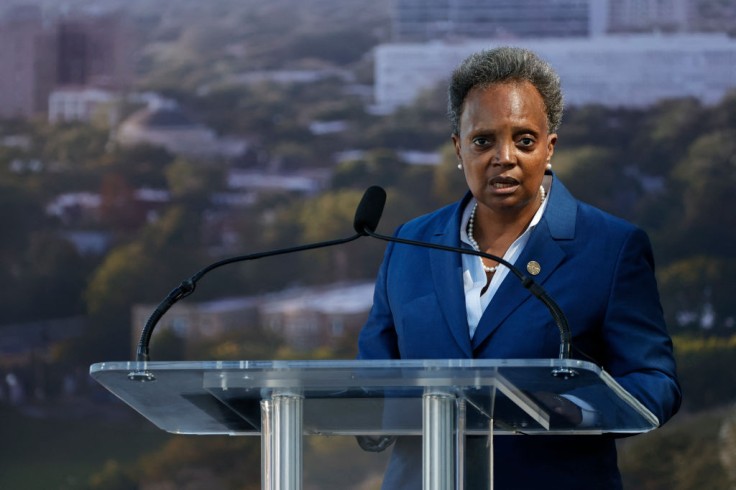
Chicago is giving $500 a month for low-income families beginning 2022 under the pilot rollout of its basic income program, the biggest universal basic income benefit in the United States.
After the council voted "yes" on the basic income program on Wednesday, October 27, Mayor Lori Lightfoot said that initial recipients would be about 5,000 families who earn less than $35,000 a year.
Chicago was able to secure the funding, which came from Biden's American Rescue Plan, after cutting $80 million from its police budget. Though Lightfoot said that the decision to divert the funds to the basic income program has stirred controversy, it makes sense to pass the "the most progressive budget in the history of Chicago."
What is Chicago's Basic Income Program?
The purpose of Chicago's basic income program is to relieve low-income families from the economic hardships of the COVID-19 pandemic. In the first six months of the crisis, thousands of these low-income earners lost their jobs, pulling Chicago's poverty rate down to 18 percent.
The mayor said that she understands their struggles because her family lived from paycheck to paycheck while growing up, and she knows that every bit of income coming in will help those in need. While critics said that the benefit will discourage people from looking for jobs, she believes this is what her city must do at the moment with "many people suffering in pain and worrying about financial ruin."
Eventually, however, the mayor said they would have to "teach people how to fish." Once the system has been set in place, residents who apply for the monthly stipend will be randomly chosen.
Lightfoot also assured her constituents that there would be no more budget cuts for the police after critics also said that the fund should have gone to programs focused on violence prevention. During a graduation ceremony for the new recruits, the mayor said that residents favor having more police on the streets.
Other Mayors to Follow
After Chicago, other cities in the U.S. will also roll out their basic income programs. More than 50 signed the Mayors for a Guaranteed Income coalition spearheaded by Michael Tubbs, the mayor of Stockton in California.
In 2019, Tubbs launched the first universal basic income program in the U.S. that went to 125 residents. The benefit was good for two years and ended in January 2021.
Saint Paul, Minnesota, has also approved a similar program to provide $500 for 18 months for 150 recipients. Oakland, California, will begin accepting applications from 600 families, while Compton, California, will be able to accommodate 800 families for the next two years.
According to Business Insider, Stockton's two-year rollout brought a significant reduction to the city's unemployment problems and raised full-time employment among those who were in the program. Studies also showed that the families' emotional and mental wellbeing improved as they received enough money to buy necessities.
Gilbert Villegas from the Chicago council said they would monitor the program carefully and see if the stipend has to be automatically redirected to spending like food or utility bills.